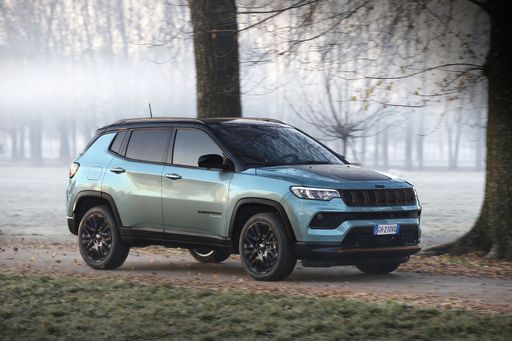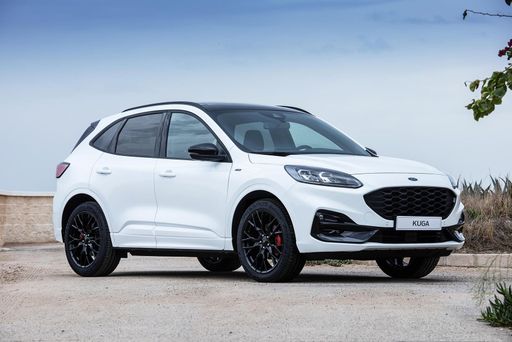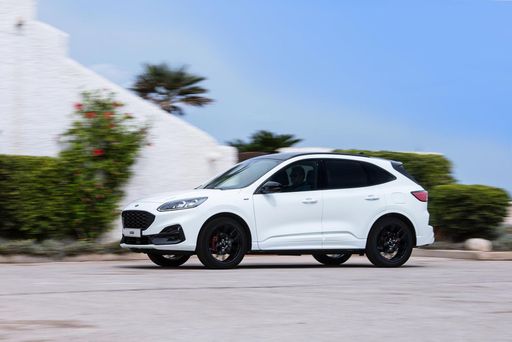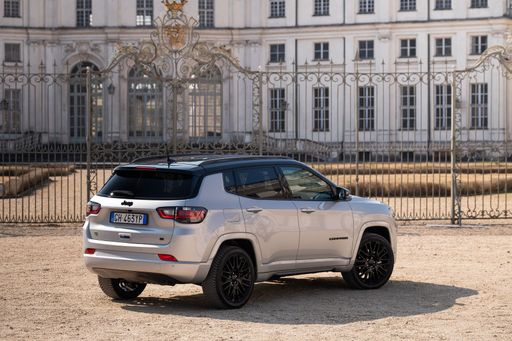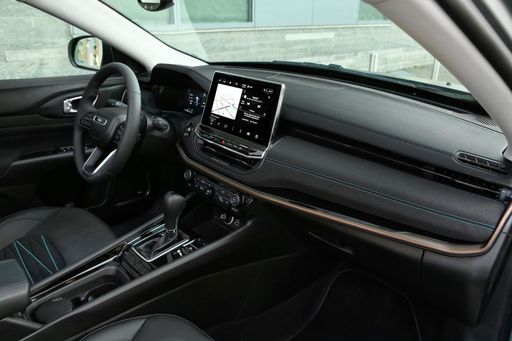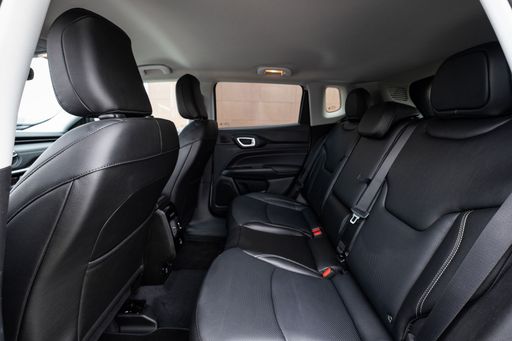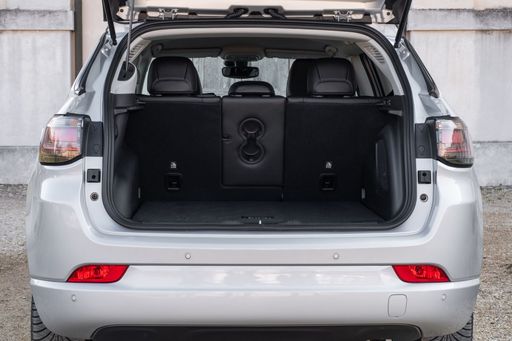Ford Kuga vs. Jeep Compass: A Comparative Review
The compact SUV segment has become increasingly competitive, with automakers striving to deliver innovative features and efficient performance. Two key contenders in this market are the Ford Kuga and the Jeep Compass. Both vehicles offer unique advantages, but which one stands out? In this comparison, we will delve into the technical specifications, performance metrics, and innovative features of each model to help you make an informed choice.

